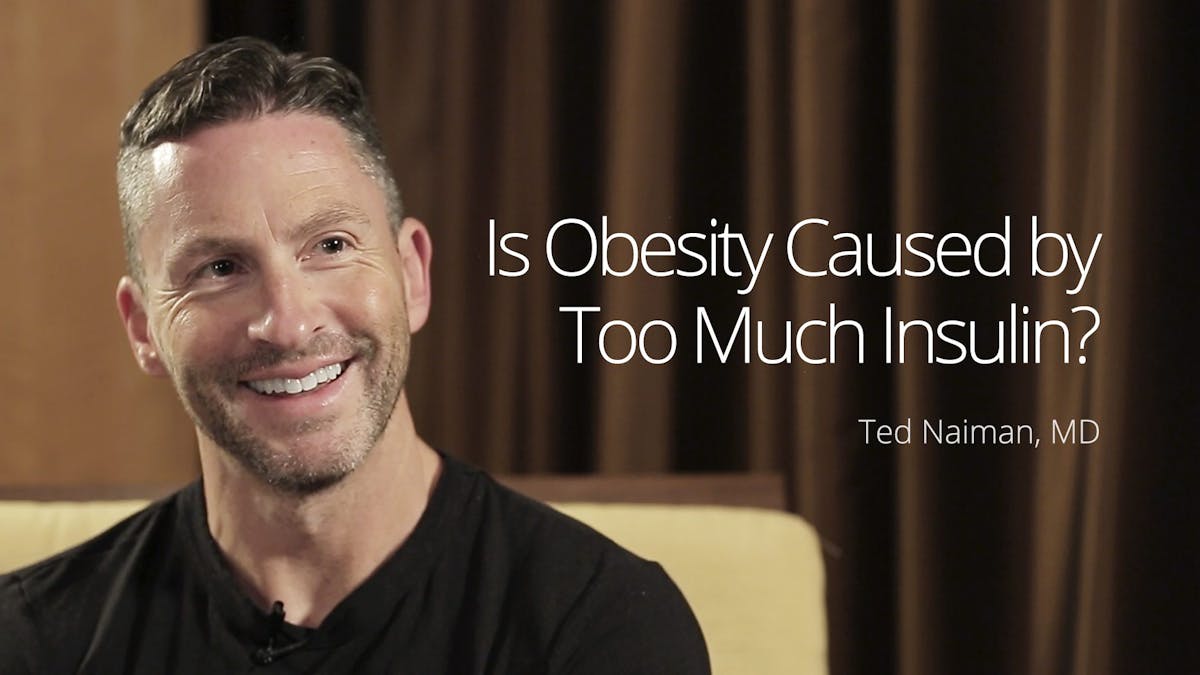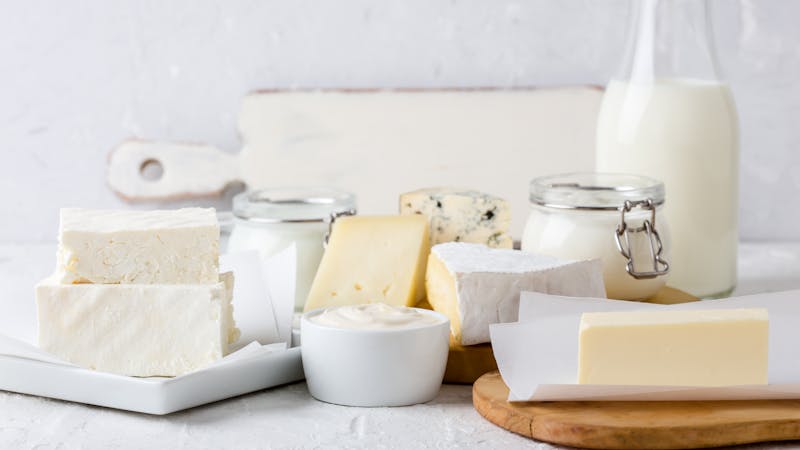How much fat should you eat on low carb or keto?
Are you hungry? Don’t be. When you start a low-carb diet and cut back on carbohydrates, the trick is to eat enough protein and fibrous veggies, and then fuel your remaining energy needs with fat.
How much fat should you eat? It’s not a very exciting answer, but the real answer is, “It depends.”
Although we have essential fatty acids that we need to eat, we don’t have a pre-defined amount of fat we should eat like we do with protein.
- Reduce carbohydrate to the desired level
- Get adequate protein at nearly every meal
- Use fat as needed for flavor and, if needed, extra calories
Fat — either from our food or from our fat stores – supplies those extra calories and extra energy that we used to get from carbs. You should eat enough fat to enjoy your meals and to stave off hunger between your meals if needed. Shoot for feeling pleasantly satisfied, but not overfed after each meal. After dinner, you should make it easily through the night – 12 hours without hunger (if not more). Work towards finding this balance.
Below are a few refinements to this advice, if you really want to maximize the effectiveness of your low-carb diet.
Key takeaways
- Don’t fear fat
- Ease into fat adaption
- Dial back for weight loss
- Add fat as needed for maintenance
- Eat an adequate amount of protein
- Optional extra details

1. Don’t fear fat
For decades we have heard the message that we should reduce the amount of fat in our diets.
Although some reviews of the literature do find a weak relationship, an increasing number of meta-analyses and systematic reviews find that there is no significant connection between saturated fat and heart disease.
However, the lingering fear of fat may remain for many people. Step one to getting the right amount of fat for you is to move past any fear that eating fat makes us fat, or that eating fat is automatically bad for our health.
You can learn more in our guides on healthy fats, saturated fat, and 10 ways to eat more fat.
2. Ease into fat adaption
When you begin your low-carb journey, you may find some high-fat foods taste ‘too rich.’ Be patient. As you transition to your new way of eating, both your body and your taste buds will adjust.
You will likely reach a point where your hunger will diminish. This is when you may want to back off on the amount of fat you eat so you can prioritize burning your body fat stores instead.
3. Dial back for weight loss
Hoping to lose weight? If the answer is yes, once you are at ease with your low-carb diet, experiment with reducing the extra fat you add to meals.
Eat just enough to enjoy your food – let your body burn its internal fat stores rather than that extra pat of butter. This will likely accelerate weight loss.
But don’t go too far – when hungry, always opt for additional protein and fiber-filled veggies first, followed by extra fat if needed, rather than deviating from your low-carb plan.
4. Add fat as needed for maintenance
Once you reach your goal weight, you may no longer have the internal fat stores necessary to fuel an energy shortfall day after day. Tune into your body’s hunger signals. Now is the time to gradually adjust the fat in your diet until you find the satisfying balance of hunger-free weight maintenance.
5. Eat an adequate amount of protein
The most helpful trick to minimizing hunger is making sure you eat the right amount of protein. If you are eating very low-carb but have stalled with weight loss, or if you find yourself hungry between meals, take a look at how much protein you are eating.
How much is enough? Individual needs vary, but about 1.2-2.0 grams of protein per kilogram of reference bodyweight (each day) may be optimal for weight loss.
Learn more about protein on a low-carb or keto diet
6. Optional extra details
If you’re interested in even more details and discussion about adapting the amount of fat and protein to your exact needs, and your situation, watch the interview below with Dr. Ted Naiman. Most people don’t need that much fine-tuning, but it’s a helpful video if you are looking for extra credit.
Did you enjoy this guide?
We hope so. We want to take this opportunity to mention that Diet Doctor takes no money from ads, industry or product sales. Our revenues come solely from members who want to support our purpose of empowering people everywhere to dramatically improve their health.
Will you consider joining us as a member as we pursue our mission to make low carb simple?




